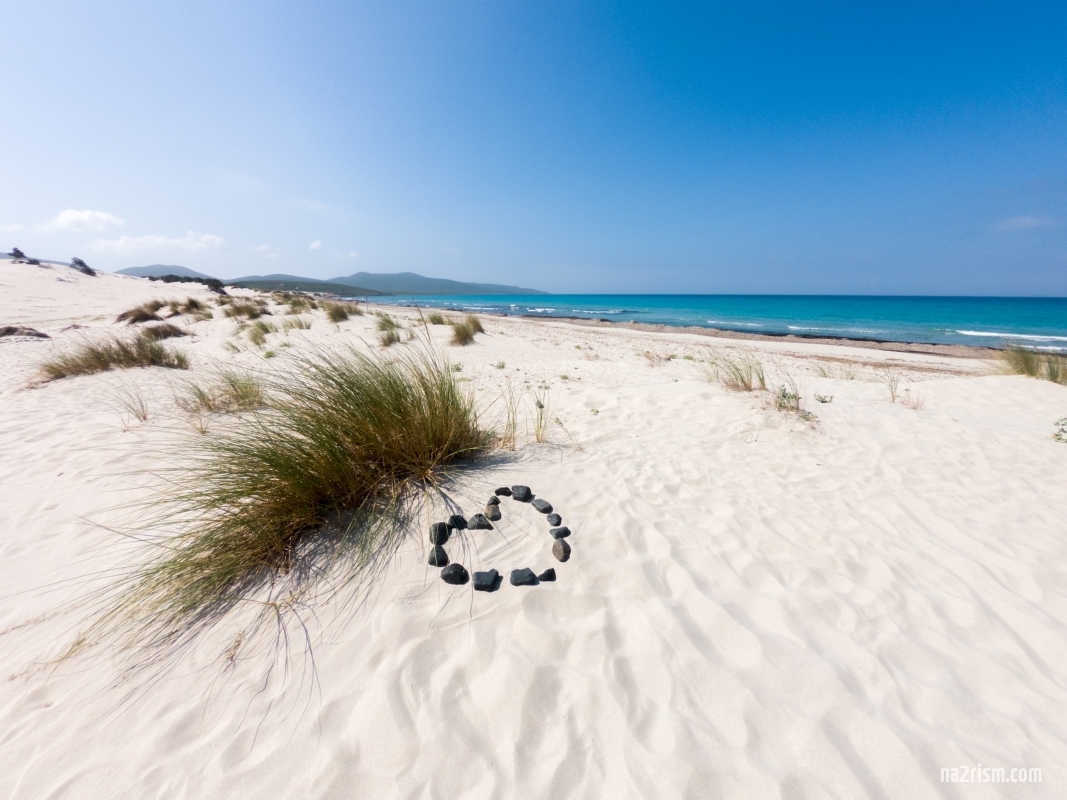Naturism, or the practice of nudity in social or recreational settings, has a long and complex history in Italy. From the early 20th century to the present day, naturism has been influenced by changing political and social attitudes towards nudity, sexuality, and the human body.
The origins of naturism in Italy can be traced back to the early 20th century, when a number of health and wellness enthusiasts began to promote the practice of sunbathing and outdoor exercise as a way to improve physical and mental health. These early naturists were inspired by the German “Freikörperkultur” (FKK) movement, which advocated for the benefits of nudity and communal living.
One of the earliest Italian proponents of naturism was the physician and writer Aldo Galli, who founded the magazine “Naturismo” in 1923. Galli promoted naturism as a way to combat the physical and moral degeneration he saw in urban society, and advocated for the benefits of fresh air, sunlight, and exercise. He also argued that naturism could help to promote a more egalitarian society, free from the class and gender distinctions that he saw as plaguing Italian society.
Despite the early enthusiasm for naturism, the practice faced a number of challenges in the 1920s and 1930s. The fascist government of Benito Mussolini, which came to power in 1922, viewed naturism as a threat to the traditional values of Italian society, and banned public nudity in 1931. Many naturist organizations went underground or disbanded, and the practice of naturism remained relatively rare in Italy until after World War II.
In the postwar period, naturism experienced a resurgence in Italy, as Italians began to embrace the values of personal freedom and individualism. The country’s growing tourism industry also provided a new outlet for naturist activities, with several beaches and resorts becoming popular destinations for nudists.
One of the most prominent naturist organizations in postwar Italy was the Italian Naturist Federation (FENAIT), which was founded in 1969. FENAIT sought to promote naturism as a way to improve physical and mental health, and as a way to foster a more harmonious relationship between humans and nature. The organization also worked to promote the legal recognition of naturism, and lobbied for the repeal of laws banning public nudity.
Despite these efforts, the practice of naturism continued to face opposition from conservative and religious groups in Italy, who viewed it as a form of moral decay. In the 1980s and 1990s, several local governments attempted to ban public nudity, leading to protests and legal challenges from naturist organizations.
Today, naturism remains a controversial and often misunderstood practice in Italy. While there are a number of beaches and resorts that cater to nudists, public nudity is still technically illegal in most parts of the country. Nevertheless, many Italians continue to embrace naturism as a way to connect with nature and promote personal freedom, and the practice remains an important part of Italy’s cultural heritage.

